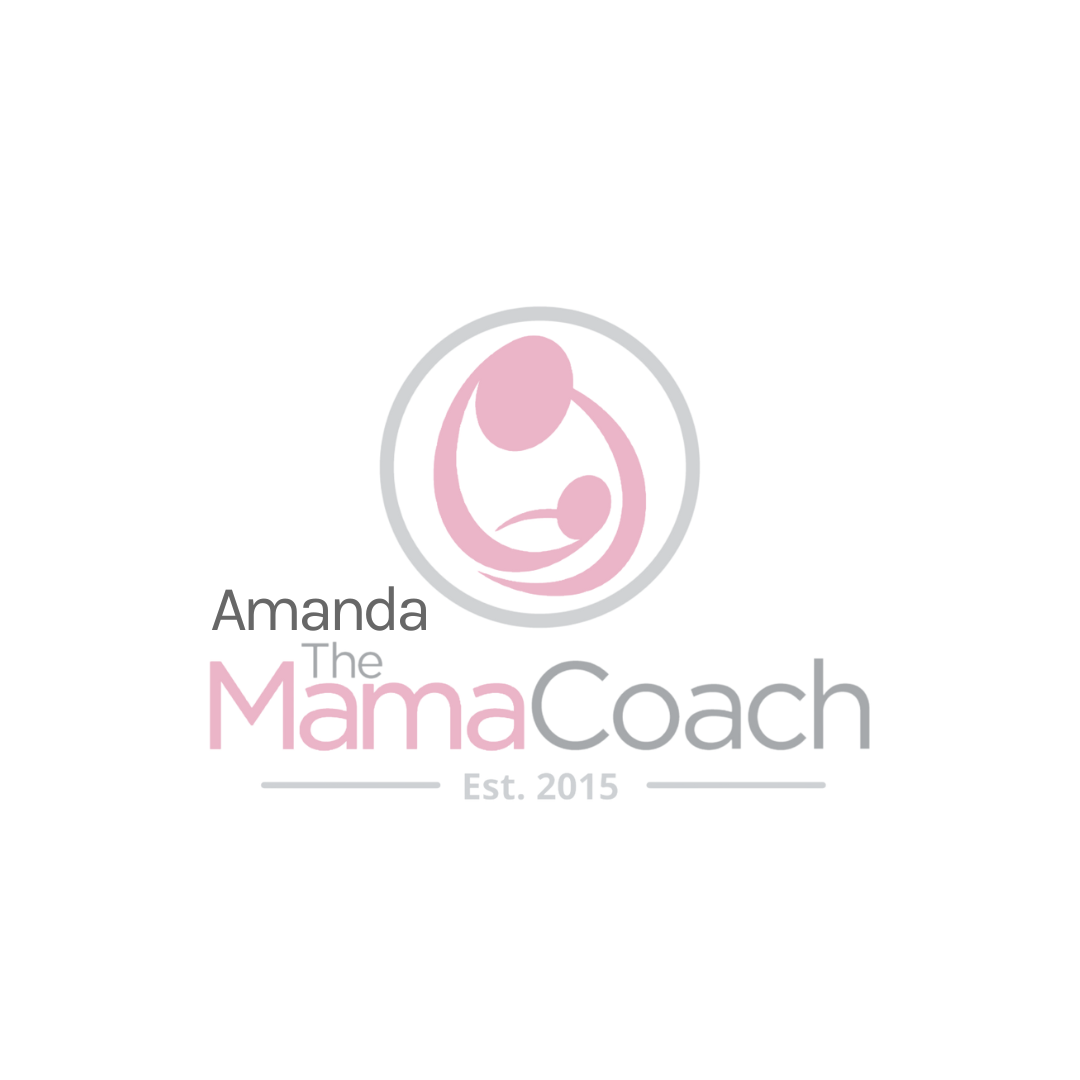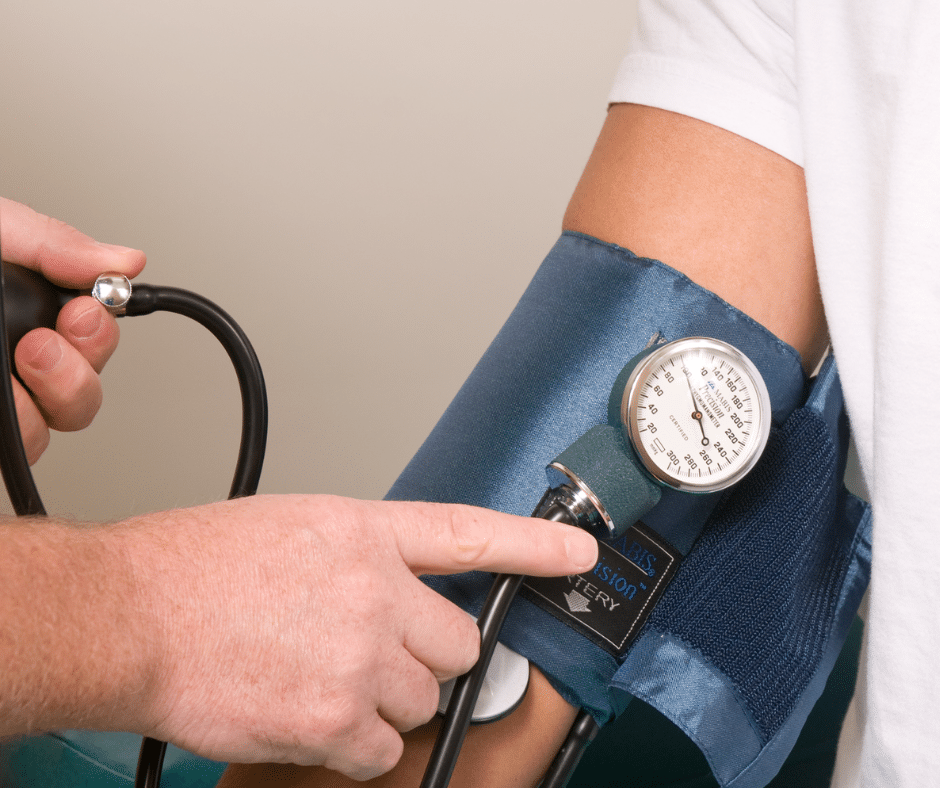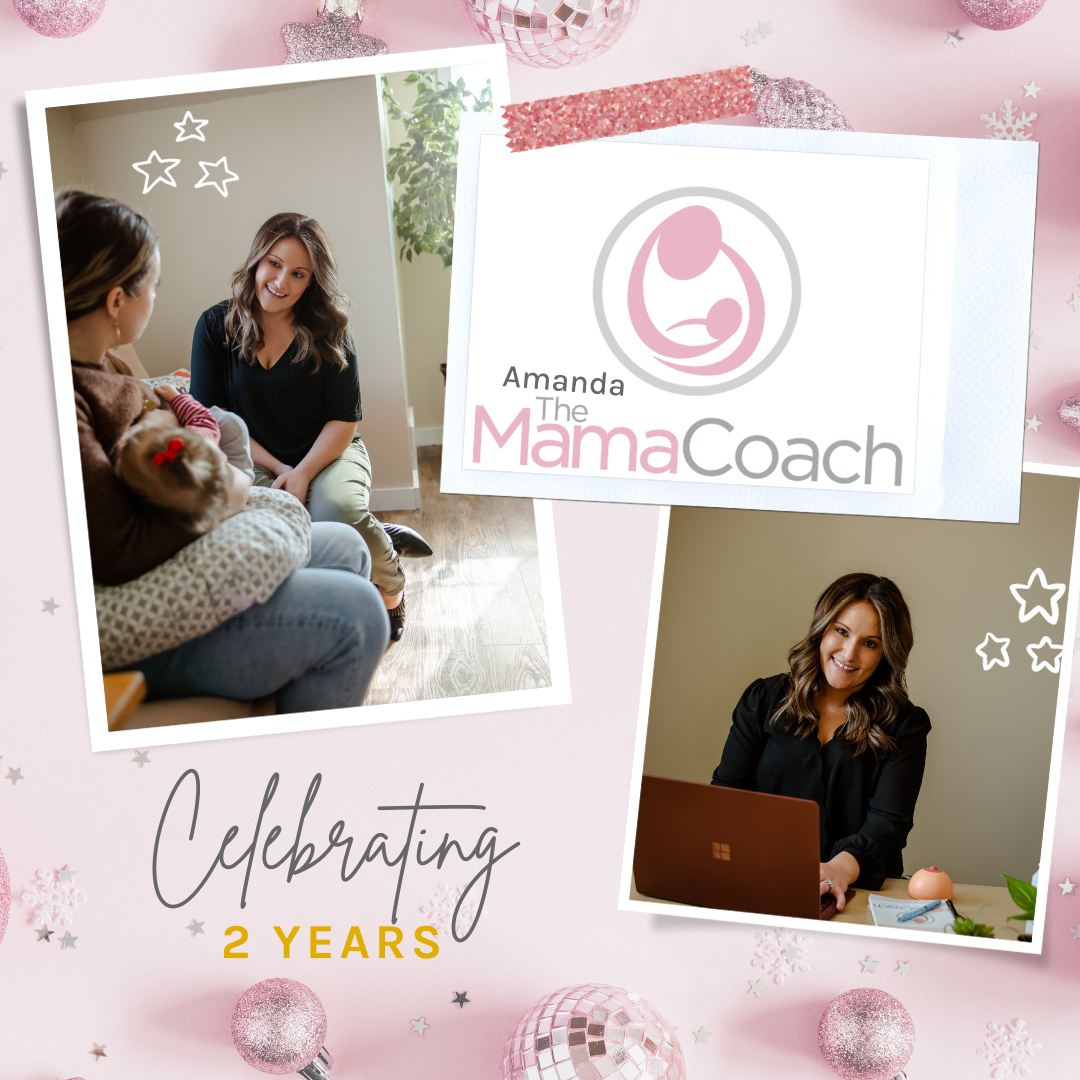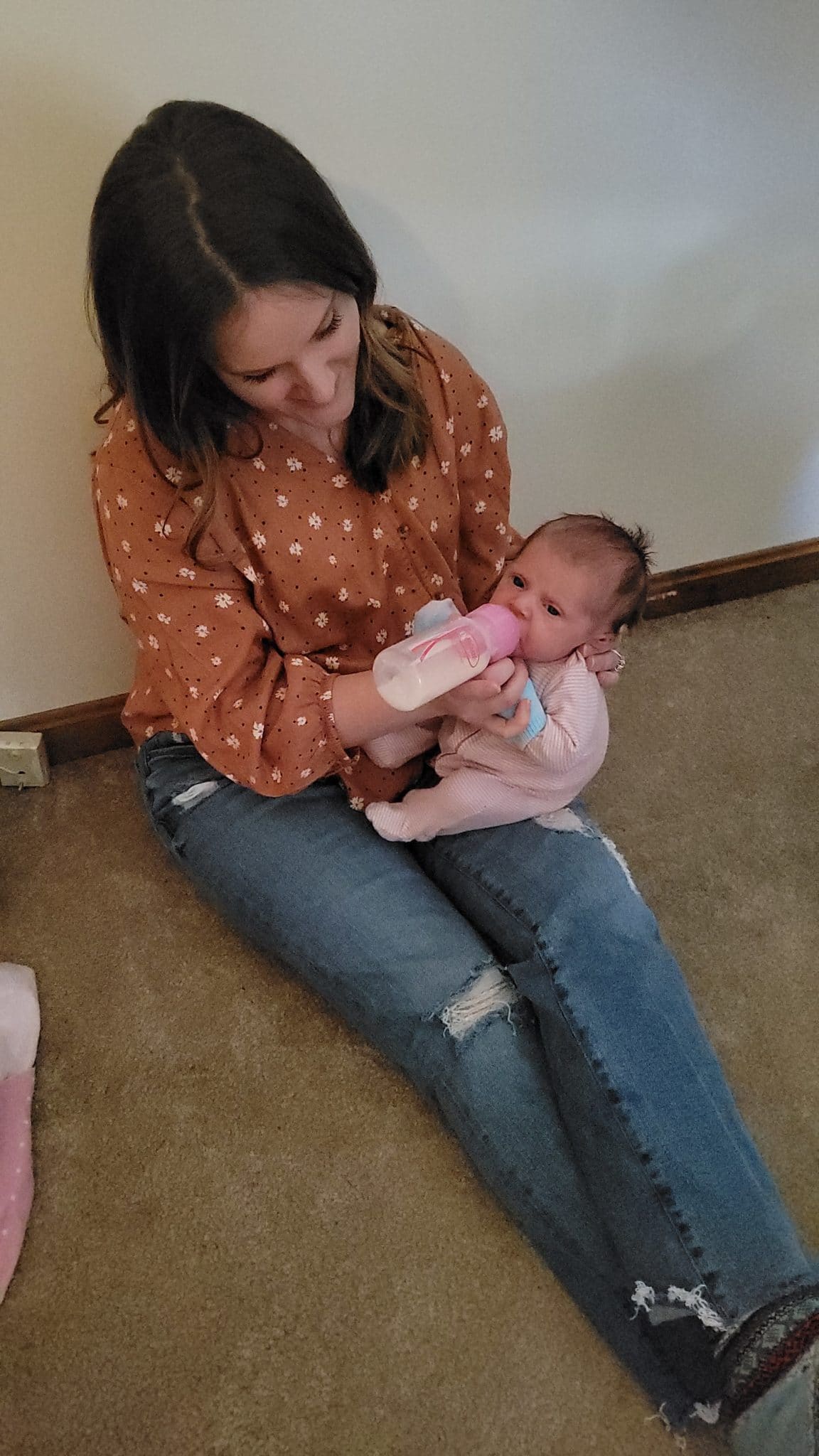Many people have heard of Pre-eclampsia in pregnancy, but did you know that it is possible to be diagnosed with Pre-eclampsia postpartum as well?
What is Pre-eclampsia?
Pre-eclampsia is a progressive disorder affecting multiple systems in the body. It is characterized by the new onset of hypertension and proteinuria OR the new onset of hypertension AND significant end-organ dysfunction with or without proteinuria in a pregnant patient over 20 weeks gestation. This is very different from Gestational Hypertension, and there is specific criteria used for diagnosis.
Over 90% of cases develop after 34 weeks or postpartum and have good maternal, fetal, and newborn outcomes. Though this is true, the mother and child are still at increased risk for serious morbidity or mortality so they are monitored carefully.
Signs and symptoms to be aware of in the postpartum period:
-Headaches unrelieved by tylenol or ibuprofen.
Often times I find moms are SO tired postpartum from being up frequently feeding their babies that they write off the headaches. If you have a headache unrelieved by Tylenol and Ibuprofen, please don’t assume it is sleep deprivation.
-Blurred or spotty vision
-Right upper quadrant pain
-Increased swelling in hands, feet, face or limbs
-Decreased urine output
-Nausea/Vomitting
If you develop any of these symptoms it is important to give your doctor or midwife a call! It is best to be safe, and rule out any risk or possibility of pre-eclampsia!
What Happens if I am found to have any of the symptoms above or have high blood pressure Postpartum?
If a mom is found to have high blood pressure postpartum, their provider will likely want to do some more testing to evaluate and rule out pre-eclampsia. This testing could include blood pressure monitoring, bloodwork, and a urine sample.
If there are any concerns by your doctor, it is very possible that they would re-admit you to the hospital for blood pressure monitoring and infusion of magnesium sulfate. This is an infusion that helps prevent eclampsia(seizures) and is typically given over the course of 24hours. Do not worry, you can bring your baby with you but they would not be considered a patient and receive no care by the medical team. You would need an additional support person to assist with newborn care while you rest and heal because WARNING- Magnesium Sulfate can make you feel kind of crappy and bleh.
While I worked as a Labor and Delivery Nurse, I readmitted patients to the hospital many times for pre-eclampsia in the postpartum period. I know this news is never good news to a mom who is adjusting to home life with her newborn, but it is important to be safe and take care of yourself so that you can be healthy and care for your baby long term.
Depending on where you are located and receive care depends on how often you may be seen in the postpartum period, but the general rule in America is one visit at 6 weeks. This is a very large gap especially when there are some mother’s who’s blood pressure does not rise until the postpartum period. One of the three community hospitals I worked at offers a baby’s first homecoming visit for families which includes a blood pressure check. I find this so important and proactive in preventing eclampsia and other complications from pre- eclampsia in the postpartum period. I can only hope that these services for moms postpartum continue to increase everywhere!
I hope if you are pregnant or home with your new baby you found this information helpful, and I wish you the best moving forward as you adjust to life with your little one! If you find you are in need of support or have questions you would like answers to please don’t hesitate to reach out! I love helping families navigate their transition into parenthood!





